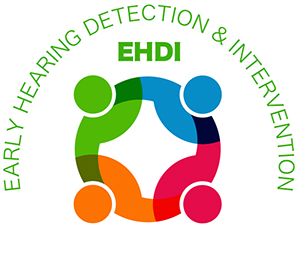Last Modified: 06/21/2023
Fact Sheet: Managing Child Behaviors

Key Points:
- There is a large body of research to support parenting programs delivered via telehealth to manage challenging behaviors and to support positive behavior.
- This research has shown that programs delivered via telehealth help parents learn to manage their children’s behavior, improve parenting efficacy and reduce the children’s challenging behaviors.
- This means that, although challenging behavior can occur during sessions, there are a number of strategies that can be used to support parents managing the behavior in their home environment.
Research:
Ingersoll, B., Wainer, A. L., Berger, N. I., Pickard, K. E., & Bonter, N. (2016). Comparison of a self-directed and therapist-assisted telehealth parent-mediated intervention for children with ASD: A pilot RCT. Journal of Autism and Developmental Disorders, 46, 2275-2284. doi: 10.1007/s10803-016-2755-z Reese, R. J., Slone, N. C., Soares, N., & Sprang, R. (2012). Telehealth for underserved families: An evidence-based parenting program. Psychological Services, 9(3), 320.
Hinton, S., Sheffield, J., Sanders, M. R., & Sofronoff, K. (2017). A randomized controlled trial of a telehealth parenting intervention: A mixed-disability trial. Research in developmental disabilities, 65, 74-85.
Wainer, A. L., & Ingersoll, B. R. (2015). Increasing access to an ASD imitation intervention via a telehealth parent training program. Journal of Autism and Developmental Disorders, 45, 3877-3890. doi: 10.1007/s10803-014-2186-7
This resource was developed by the NCHAM Tele-Intervention Learning Community


